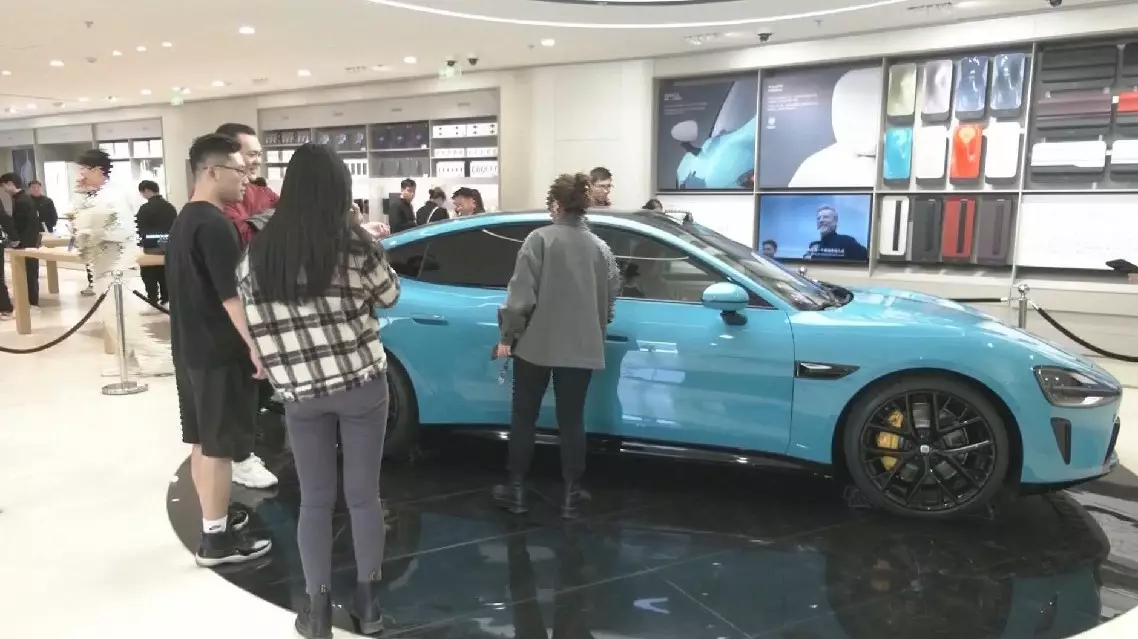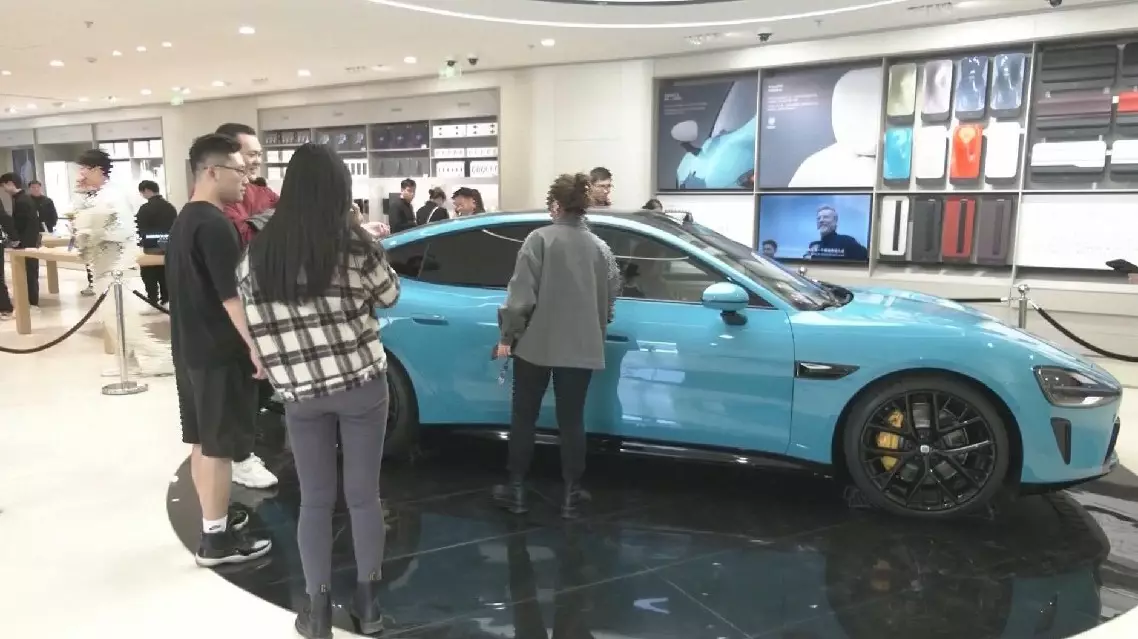China has stressed open cooperation amid the trade dispute on electric vehicle (EV) exports from China to the European Union (EU).
The EV trade dispute continues to draw widespread attention, with just over a month to go before the EU reaches a decision regarding the definitive duties it plans to impose on Chinese EVs.
Over the past few days, Chinese Minister of Commerce Wang Wentao has been in Europe for discussions on the EU's anti-subsidy probe into Chinese EVs. This was on top of the more than 10 rounds of consultations already conducted between the Chinese and European working teams regarding the matter over the past few months.
On Wednesday, Wang chaired in Brussels the China-EU Electric Vehicle Industrial Chain Enterprises Roundtable, which was attended by leaders from nearly 30 Chinese and European companies as well as related industry association. Representatives at the meeting exchanged views on finding a proper solution to the EU's anti-subsidy case and continuing to deepen China-EU EV industrial chain cooperation.
Noting the high interdependence of the Chinese and EU automobile industries as a result of 40 years of fruitful industrial cooperation, Wang said the Chinese and European automobile industries "are at a critical crossroads" and that "open cooperation is the best option."
In the face of the EU's anti-subsidy investigation into China's electric vehicles, China will continue its efforts to negotiate and resolve the issue until the last minute, he said.
A German delegation explored intelligent manufacturing cooperation in southwest China's Chongqing Municipality from September 4 to 7, seeking market expansion and joint ventures, and signing agreements on key projects.
During the visit, German enterprises expressed dissatisfaction with the EU's plan to impose tariffs on imported Chinese EVs.
"I don't think this is a good way because it must be a free market. Free markets in the world are the most successful, and so this is not the way I would like to do it. If you have a good product, in whichever country, then you can sell it, you can buy it and you will get feedback. And if the quality is good and then it will work, it will go on. And so you need not like tariffs or something like that. An open free market is the best," said Rudiger Schmidt, CEO of Oskar Kammer Schule.
"The EU and the German government made some mistakes now with China. And to be honest, I don't know why they will make energy tariffs on China. It's a wrong way. I think that we will save jobs in troubled industries not with these things. We need other concepts here. It's better securing jobs, locations and industries than protectionism or super taxes for Chinese products," said Uwe Kurt Fritsch, managing director of Uwe Fritsch Beratung and Strategie GmbH.

China stresses open cooperation amid EV dispute with EU

China stresses open cooperation amid EV dispute with EU









